This piece originally appeared in Gang Land News on June 26 and is being reprinted with permission. It’s the most recent story Gang Land News has published about the case since disclosing that prosecutors gave sweet plea deals to two Gambino family gangsters on the eve of trial in January rather than allow their lawyers to question the FBI’s key witness about the reason he agreed to cooperate.The witness was arrested on charges of soliciting sex from a person he believed was a 15-year-old girl, a charge that normally carries a mandatory-minimum penalty of 10 years to life.
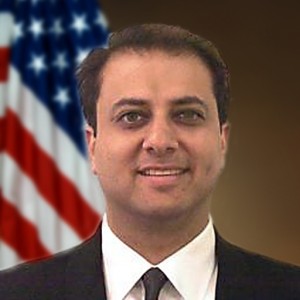
The office of U.S. Attorney Preet Bharara quietly announced last month that it was dismissing charges against the last three defendants in the snake-bitten labor racketeering case that the FBI made against Genovese gangster Carmine (Papa) Smurf Franco and 28 others. All told, prosecutors have dropped the charges against 10 of the 29 defendants in the indictment.
Throwing in the towel before trial against more than a third of the defendants in the 16-count indictment wasn’t the way things were supposed to turn out. When the arrests were announced, the case was hailed by Bharara and New York FBI boss George Venizelos as a major blow against the Mafia’s control over the waste hauling industry in New York and New Jersey. Instead, this foray against the mob rivals the losing ways of the luckless Mets.
In a two paragraph court filing, prosecutors told Manhattan Federal Judge P. Kevin Castel they were deferring the prosecution of the owner of a Jersey City garbage company and two truck drivers charged with stealing about 130 tons of cardboard between March and July of 2012. The trio, Thomas Giordano, 43, the owner of Galaxy Carting of New Jersey, Michael Russo, 51, and Louis Dontis, 59, were set for trial next month. The charges are slated to be officially dismissed later this summer.
The three men were tape recorded by FBI informer Charles Hughes in dozens of conversations in which they allegedly discussed truckloads of stolen cardboard, and a surprisingly simple, relatively lucrative mob scam. Drivers snatched the cardboard from sites in Brooklyn, Bayonne and beyond. It was then put up for sale by Giordano at a market price that ranged between $106 and $125 a ton, according to an FBI summary of talks that Hughes recorded from March of 2009 until January 8, 2013 – a week before the indictment was unsealed.
But in an apparent effort to keep their key witness, undercover operative Hughes, off the stand, prosecutors have decided to drop the charges. A major concern is that Hughes would have to admit that he became a government witness only after he was arrested for soliciting sex with a girl he believed was 15 years old.
In January, prosecutors gave super sweet plea deals to Gambino mobster Anthony Bazzini and mob associate Scott Fappiano, who faced 20 years if convicted, rather than subject Hughes to a biting cross-examination about that by their lawyers.
But prosecutors had no leverage to wangle guilty pleas from the alleged cardboard thieves. “They rejected plea deals of zero-to-six months early on,” said one source.
“There was no way they were going to plead to anything,” said one defense attorney whose client accepted a plea offer before it became known that Hughes was a convicted sex pervert. “My guy got a really nice disposition, but he’s not happy. And there’s one other guy I know who’s upset that he didn’t hold out until the end,” the lawyer added.
Sources say that following his arrest in August, 2008, Hughes, now 44, was detained until March of 2009, when he was released on bail and wired up by the FBI to see if he could deliver on a claim that he had worked in the waste hauling industry in his teens and could make cases for the feds. News that his cooperation stemmed from a sex-solicitation arrest surfaced five months ago.
Law enforcement sources say the primary reason the government decided to give Fappiano and Bazzini — who received a year and a day sentence on June 24 — much better plea offers was a “real fear” that jurors would be so outraged by Hughes’s conduct that they would hold it against the government for making a deal with him, ignore the law and acquit, no matter what.
Whether the FBI and U.S. attorney’s office should have entered a cooperation agreement with Hughes in the first place is a bone of contention for some law enforcers. But that issue is difficult to assess since his case is still under seal as are the specifics of his deal with the feds.
But there is agreement by several law enforcement officials, and virtually every defense lawyer Gang Land spoke to, that the decision by Judge Castel to permit defense lawyers to question Hughes about lies he told both his wife and the “teenager” he thought he was seducing convinced prosecutors to give deals to Bazzini and Fappiano in January.
Prosecutors Bruce Baird and Patrick Egan had tried to limit the cross examination, but when Castel indicated during a pretrial session that he was going to grant defense lawyers Raymond Perini and Lee Ginsberg some leeway in their questioning of Hughes, the prosecutors gave the gangsters a plea offer they couldn’t refuse.
“The mobsters were charged with extortion but it’s really stealing garbage stops and bid-rigging,” said one source. “That’s pretty tame stuff for jurors to deal with compared to having sex with little girls who but for the grace of God could be their daughters or granddaughters. The chance of jury nullification was very real.”
The decision to toss the charges against the alleged cardboard thieves was presumably even easier to make: The total value of the stolen cardboard was about $16,000, an amount not likely to sway jurors versus a sex-scheming witness.
Nor was playing the dozens of tapes Hughes made without having him testify to authenticate them a good option. Some conversations appear to back up the notion that the men knew they were dealing in stolen cardboard. For instance, according to the indictment, on May 29, 2012, Giordano was recorded saying “he did not care where the cardboard came from as long as it went to him.”
But others, like one a few days earlier, according to an FBI summary obtained by Gang Land, appear to tilt the other way. In one such conversation, Dontis is heard telling Hughes that “he doesn’t want to do anything wrong. He’s not a brokester, he’s just a hard working Greek who just wants to make money.”
Even if convicted, the trio could have received non jail terms, or sentences of less than a year behind bars.
Giordano’s attorney, Michael Bachner, the only lawyer who responded to a Gang Land request for comment, said he and his client were pleased by the deferred prosecution decision. “From the get go,” said Bachner, “we have taken the position that Mr. Giordano should not be prosecuted. And while it took longer than we would have wished, we’re gratified with the result.”
Neither Bharara, nor the FBI, would comment about this week’s deferred prosecution, or the embarrassing decision to drop the charges against a third of the defendants in the case. They also declined to discuss the status of Hughes, including whether he is behind bars, or if, as prosecutors indicated last week, he is free on bail, and what type of supervision he has now.
In court papers, prosecutors wrote that Hughes “remains in virtual hiding, fearful for his safety and the safety of his close family members.” His “ability to earn a living and to support his family is essentially non-existent,” they wrote, adding that his “life will never return to the way it was prior to his arrest.”
Prosecutors also wrote that different accounts they gave defense lawyers about how roll-off containers belonging to a Bazzini-connected carting company ended up in a Giordano company storage lot were caused by “miscommunication or misunderstanding” between Hughes and his supervising FBI agents, “rather than a deliberate effort by (Hughes) to mislead the government.”
Gang Land News, which is run by Jerry Capeci, a noted mobster expert, is a subscription site, but well worth it.

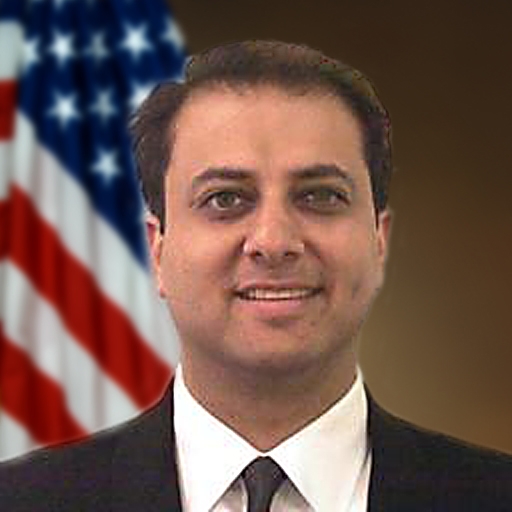
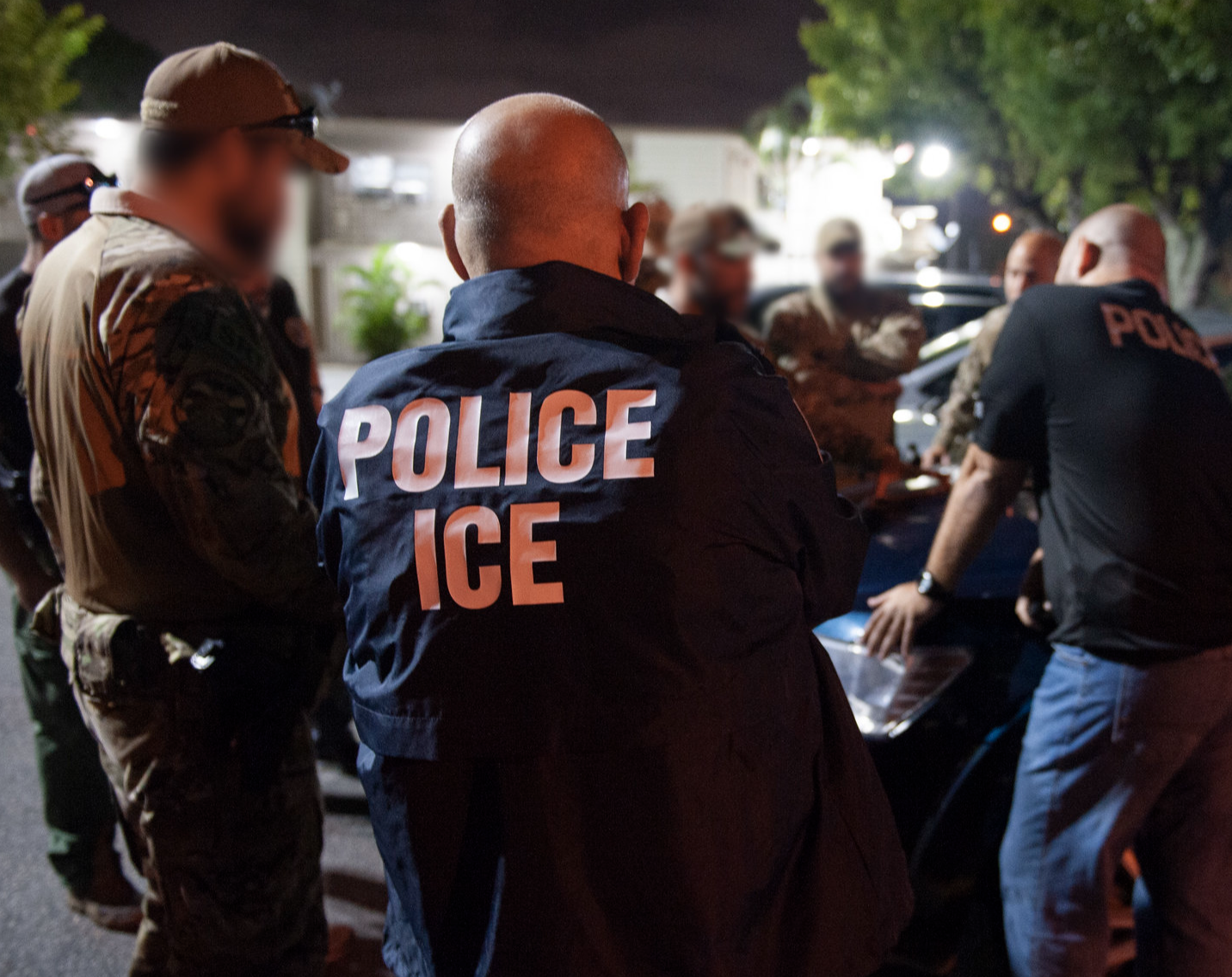

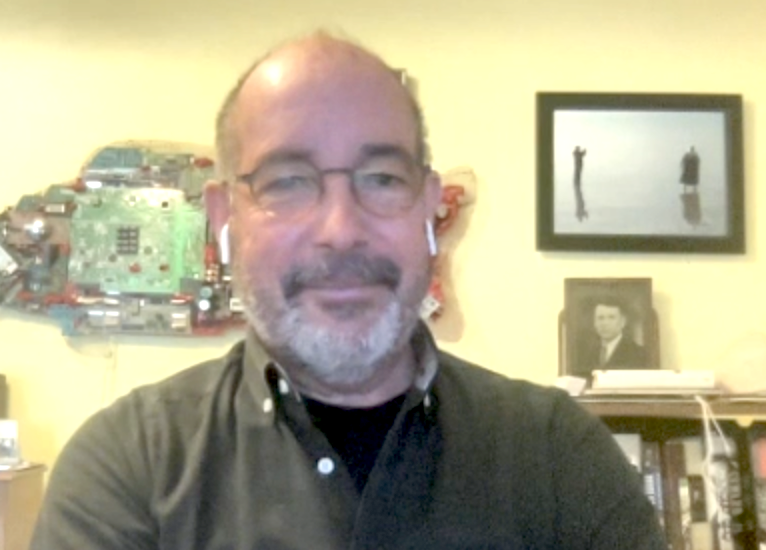
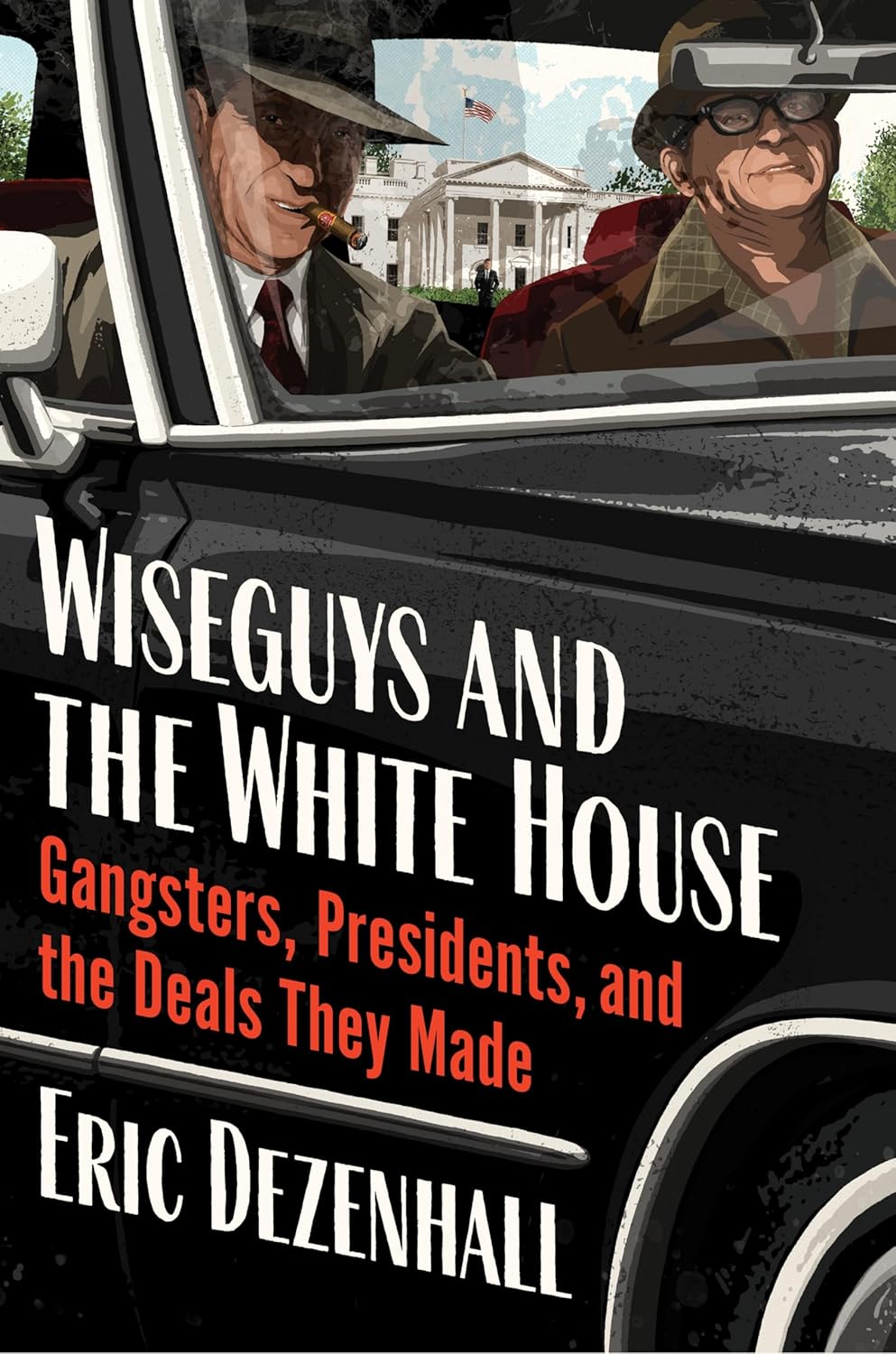
If agents had put a transmitter on Hughes and monitored the conversations in real time, the agents could testify to what they heard and get the tapes admitted into evidence without Hughes.